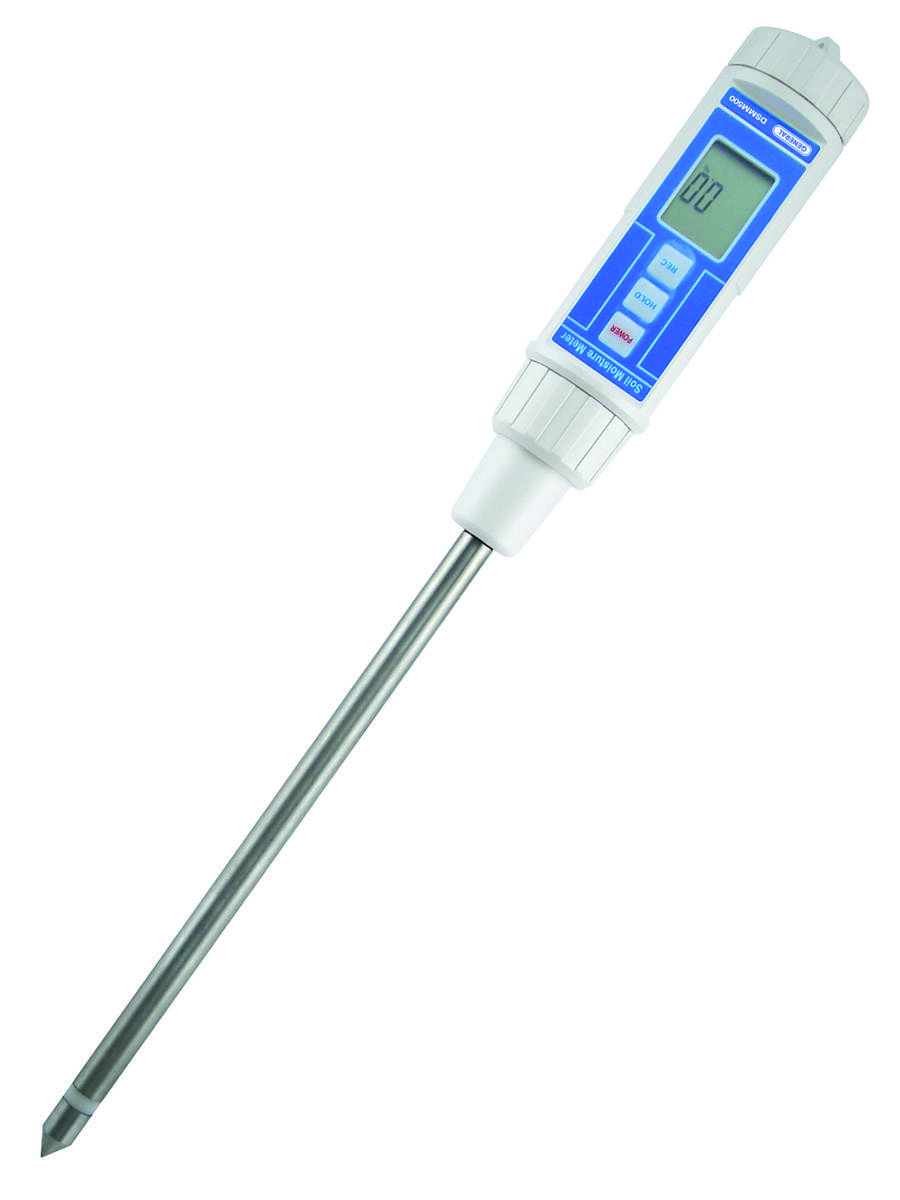Leading 10 Benefits of Using a Moisture Meter for Accurate Measurements in Your Home
Leading 10 Benefits of Using a Moisture Meter for Accurate Measurements in Your Home
Blog Article
The Ultimate Guide to Dampness Meters: A Comprehensive Introduction and How They Can Save You Cash
Moisture meters offer as crucial devices in discovering and keeping an eye on moisture web content in products, helping in protecting against costly problems and making certain the quality of products. Recognizing the subtleties of different types of wetness meters, their applications, and the possible cost-saving advantages they offer can be a game-changer for professionals and companies alike.
Kinds Of Wetness Meters
Numerous types of moisture meters are offered for various applications in numerous industries. One common kind is the pin-type dampness meter, which gauges the electric resistance in between two pins inserted into a material. This type is appropriate for timber, drywall, and various other structure products. Pinless moisture meters, on the other hand, usage electro-magnetic sensor plates to check a larger location without triggering damages to the material's surface area. Moisture Meter. These meters are ideal for swiftly analyzing wetness levels in large locations such as floorings and wall surfaces.

In addition, there are likewise specialty moisture meters designed for details products like soil, grain, or hay. These meters offer accurate wetness readings tailored to the one-of-a-kind residential properties of the material being evaluated. Infrared wetness meters determine the thermal buildings of a material to identify its dampness material non-invasively, making them valuable for applications where pin or pinless meters may not be appropriate. Recognizing the different sorts of wetness meters available can aid industries choose the most suitable tool for their particular wetness measurement demands.

Benefits of Utilizing Moisture Meters
Wetness meters supply very useful advantages in accurately monitoring and assessing wetness degrees in varied products and environments. One of the primary advantages of making use of wetness meters is the prevention of potential damage created by excess moisture.
Furthermore, using wetness meters can bring about enhanced power effectiveness. By recognizing areas with high moisture degrees, such as leaks or inadequate insulation, adjustments can be made to boost power preservation and reduce utility costs. In farming settings, dampness meters play a crucial role in maximizing plant yields by allowing farmers to keep track of soil wetness degrees and make educated irrigation choices. Generally, the advantages of utilizing dampness meters extend throughout various industries, offering economical solutions and advertising far better quality assurance methods.
Just How to Select the Right Moisture Meter
Picking the proper wetness meter includes thinking about vital aspects such as product compatibility, dimension range, and calibration precision. When picking a moisture meter, it's important to make sure that the meter appropriates for the certain material you will certainly be screening. Various products have varying electrical homes that can influence dampness analyses, so selecting a meter designed for your material is vital for accurate results. Additionally, consider the dimension variety of the wetness meter. Make sure that the meter can discover moisture degrees within the variety required for your applications. Calibration accuracy is an additional critical element to remember. Go with a moisture meter with trustworthy calibration to make sure regular and accurate readings. Some meters may need regular calibration adjustments, so Read More Here understanding the calibration process is important. By very carefully assessing these aspects, you can choose a wetness meter that satisfies your requirements and provides accurate moisture dimensions for your projects.
Appropriate Strategies for Moisture Meter Use

Expense Savings Via Dampness Meter Applications
Just how can the calculated use of moisture meters lead to substantial expense savings across various industries? In the farming market, dampness meters help in identifying the optimum time for gathering plants, stopping over-drying or excess dampness that can affect the last product's quality.
Likewise, in building and construction, wetness meters assist protect against a fantastic read costly damages by detecting wetness degrees in building materials, such as timber or concrete, which can bring about structural concerns otherwise dealt with without delay. By identifying issue areas beforehand, service providers can take corrective steps to stay clear of considerable repair work or substitutes, eventually saving time and cash.
In addition, in the food processing industry, wetness meters are essential for monitoring product top quality and ensuring compliance with security guidelines. By properly determining wetness material in food, manufacturers can prevent perishing, maintain freshness, and reduce waste, resulting in considerable cost his comment is here savings. On the whole, the strategic application of wetness meters is a valuable investment that can result in significant cost reductions and improved performance across numerous industries.
Final Thought
In conclusion, dampness meters are useful tools for determining and discovering moisture degrees in different products. By utilizing the best dampness meter and adhering to appropriate strategies, customers can efficiently avoid costly problems caused by excess moisture.
Moisture meters offer as essential tools in finding and keeping track of moisture material in materials, helping in stopping pricey problems and making sure the top quality of items. Infrared wetness meters measure the thermal properties of a product to establish its wetness content non-invasively, making them valuable for applications where pin or pinless meters may not be suitable.Dampness meters provide very useful benefits in accurately analyzing and keeping track of dampness degrees in varied products and settings. In agricultural setups, moisture meters play a crucial role in maximizing crop yields by enabling farmers to monitor dirt moisture degrees and make informed watering decisions.In conclusion, moisture meters are important devices for identifying and measuring moisture degrees in numerous materials.
Report this page